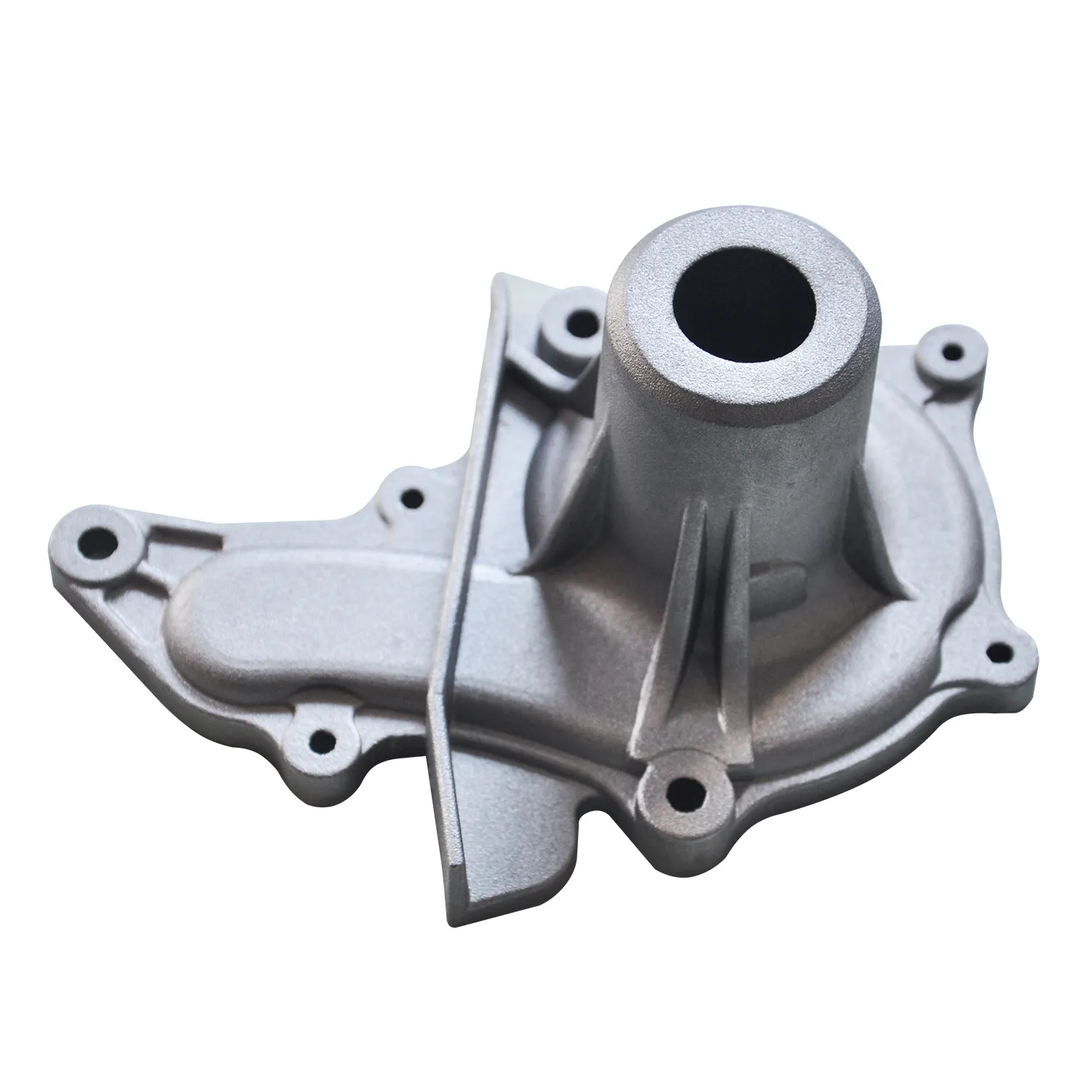Mobile:+86-311-808-126-83
Email:info@ydcastings.com
English
blower motor impeller
Understanding Blower Motor Impellers A Key Component in Air Circulation
In the realm of HVAC (Heating, Ventilation, and Air Conditioning) systems, the term blower motor impeller is widely recognized. It plays a critical role in air movement across various applications—from home heating to industrial ventilation systems. To appreciate the significance of blower motor impellers, one must first understand their functionality, design, and the factors influencing their performance.
What is a Blower Motor Impeller?
A blower motor impeller is a rotating component of a blower that works in conjunction with a blower motor to move air or gas. The impeller usually consists of blades attached to a hub, which is mounted on a shaft connected to the motor. As the impeller spins, it creates a pressure differential that draws air into the system and forces it out through ducts or vents. This mechanism is essential in heating systems, air conditioning units, and exhaust systems.
Importance of Impeller Design
The design of the impeller significantly influences the efficiency and performance of the blower system. Factors such as blade shape, size, number of blades, and materials used can vary dramatically depending on the specific application. For instance, a centrifugal impeller is typically used for high-pressure applications, as its design allows for increased airflow while maintaining pressure. On the other hand, axial impellers are better suited for applications requiring high-volume airflow at moderate pressures.
Material selection is equally crucial. Impellers are commonly made from metal, plastic, or composites. The choice of material impacts weight, durability, and resistance to corrosion or wear, which is essential for ensuring the longevity of the component.
Performance Factors
blower motor impeller

The performance of blower motor impellers is influenced by several variables. One significant factor is the motor's power output. A more powerful motor can spin the impeller faster, potentially increasing airflow but also affecting energy consumption. Therefore, a balance must be maintained to maximize efficiency while minimizing operational costs.
Air density and viscosity also affect how gases move through the impeller. For example, changes in environmental conditions, such as temperature and humidity, can alter the density of the air, affecting the impeller's ability to move air efficiently.
Another essential consideration is the system's design and layout. Duct sizing, bends, and obstructions can create resistance, impacting the flow efficiency. Proper system design ensures that the blower motor impeller operates under optimal conditions, thus maximizing its performance.
Maintenance and Troubleshooting
To prolong the life of blower motor impellers, regular maintenance is critical. Accumulated dust and debris can hinder performance, leading to inefficiencies. Cleaning the impeller and ensuring that air intakes are unobstructed can significantly enhance airflow and reduce wear on the blower motor.
Additionally, noise is a common issue associated with blower motor impellers. Unusual sounds may indicate imbalances, misalignments, or physical damage to the blades. Addressing these issues promptly is vital to prevent further damage to the motor and maintain the efficiency of the HVAC system.
Conclusion
In summary, blower motor impellers are vital components in various air movement applications, significantly impacting the performance and efficiency of HVAC systems. Their design, material composition, and the conditions in which they operate play crucial roles in their functionality. Regular maintenance and awareness of performance factors can ensure these components serve effectively over time, providing reliable air circulation in our homes and workplaces. Understanding the nuances of blower motor impellers not only aids in better design and application but also empowers users to make informed decisions regarding maintenance and troubleshooting, ultimately leading to improved energy efficiency and comfort.
-
Materials Used in Manufacturing Cap End Pipe FittingsNewsNov.24,2025
-
Material Properties of CF8M CastingNewsNov.24,2025
-
How to Inspect Pump Cap Ends for DamageNewsNov.21,2025
-
Backward Curved Impeller – Efficient Airflow Solutions for Industry | YD CastingsNewsNov.21,2025
-
Automobile Water Pump - Efficient, Quiet, Durable & ElectricNewsNov.21,2025
-
Impeller for Pumps – High-Efficiency, Durable, OEM-ReadyNewsNov.21,2025











